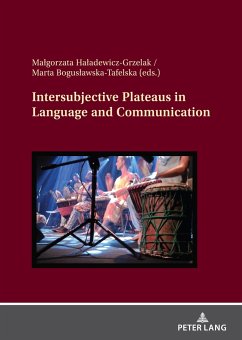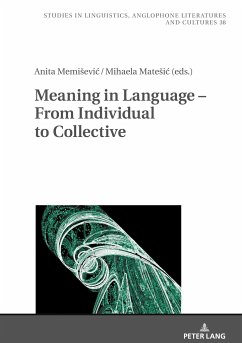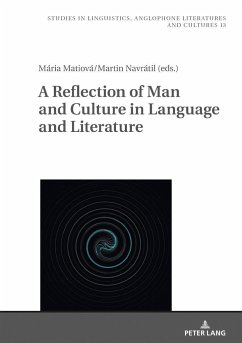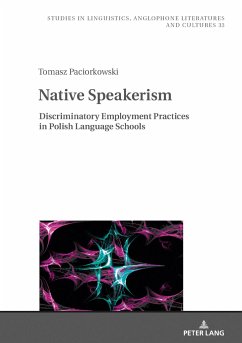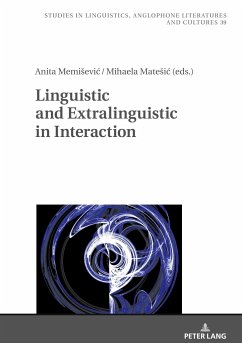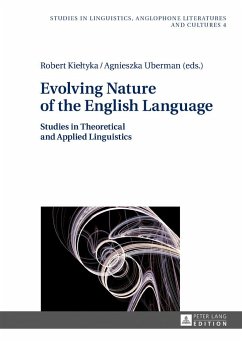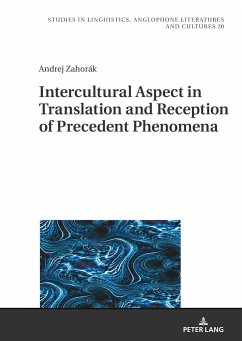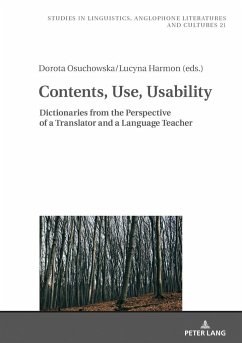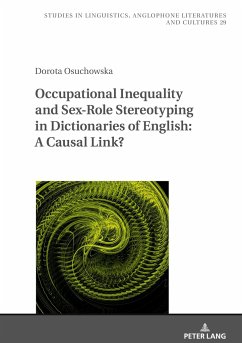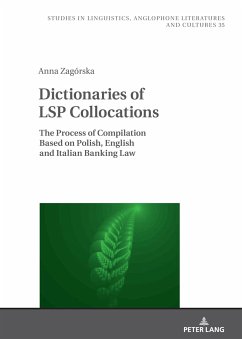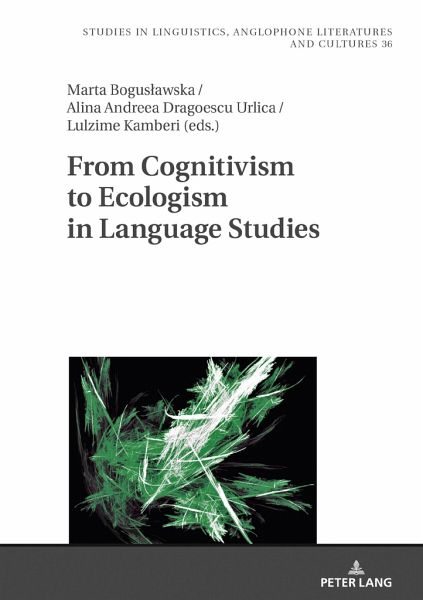
From Cognitivism to Ecologism in Language Studies
Versandkostenfrei!
Versandfertig in 6-10 Tagen
49,95 €
inkl. MwSt.

PAYBACK Punkte
0 °P sammeln!
Recent decades of studies have been human-centred while zooming in on cognition, verbal choices and performance. (...) [and] have provided interesting results, but which often veer towards quantity rather than quality findings. The new reality, however, requires new directions that move towards a humanism that is rooted in holism, stressing that a living organism needs to refocus in order to see the self as a part of a vast ecosystem.Dr Izabela Dixon, Koszalin University of Technology, PolandThis volume is a collection of eight chapters by different authors focusing on ecolinguistics. It is pr...
Recent decades of studies have been human-centred while zooming in on cognition, verbal choices and performance. (...) [and] have provided interesting results, but which often veer towards quantity rather than quality findings. The new reality, however, requires new directions that move towards a humanism that is rooted in holism, stressing that a living organism needs to refocus in order to see the self as a part of a vast ecosystem.
Dr Izabela Dixon, Koszalin University of Technology, Poland
This volume is a collection of eight chapters by different authors focusing on ecolinguistics. It is preceded by a preface (..) underlin[ing] the presence of ecolinguistics as a newly-born linguistic theory and practice, something that explains the mosaic of content and method in the various chapters, with a more coherent approach being the aim for future research.
Prof. Harald Ulland, Bergen University, Norway
Dr Izabela Dixon, Koszalin University of Technology, Poland
This volume is a collection of eight chapters by different authors focusing on ecolinguistics. It is preceded by a preface (..) underlin[ing] the presence of ecolinguistics as a newly-born linguistic theory and practice, something that explains the mosaic of content and method in the various chapters, with a more coherent approach being the aim for future research.
Prof. Harald Ulland, Bergen University, Norway





